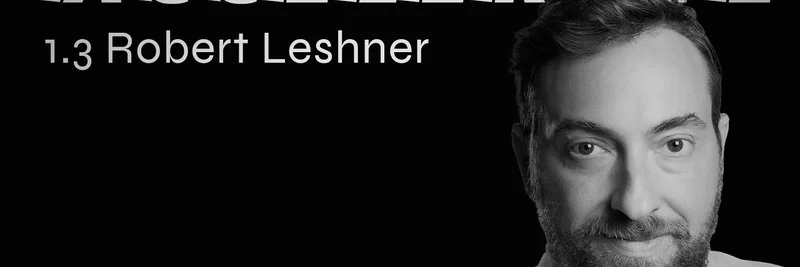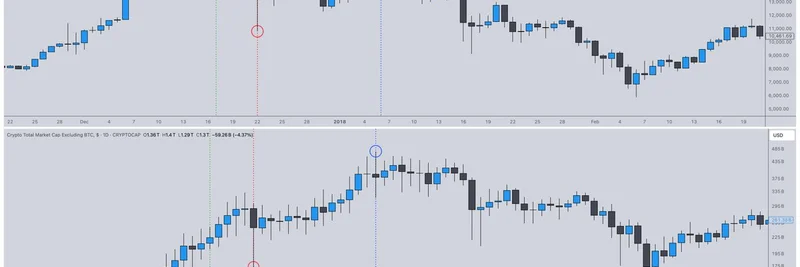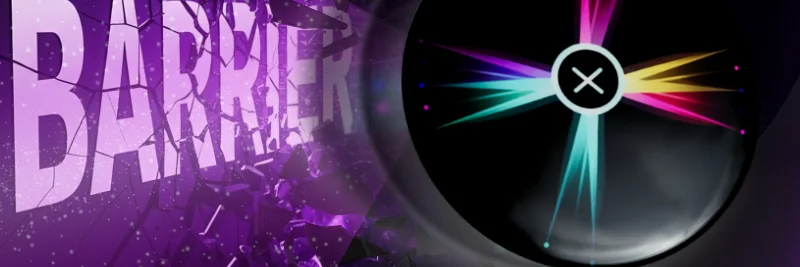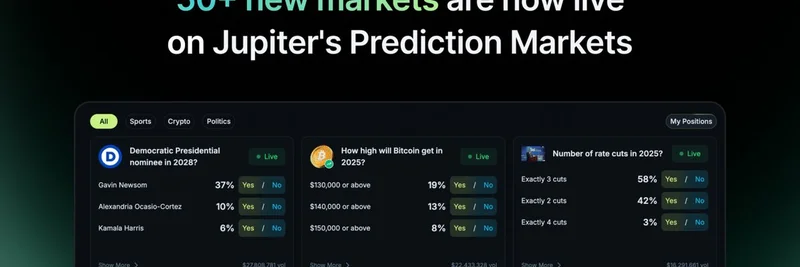Imagine a world where every asset—from stocks and bonds to real estate and commodities—is digitized on a blockchain, unlocking seamless, global trading. That's the bold vision shared by Robert Leshner, founder of Superstate and Compound, in a recent episode of the Accelerate podcast. A tweet from Superstate highlighting this discussion has sparked conversations across the crypto community, and for good reason. Let's break it down and see what it means for the future of finance, especially in the context of blockchain and even meme tokens.
The tweet, posted by @superstatefunds, kicks off with a staggering figure: "$800T. That’s the potential when all the world’s assets are tokenized." It features a video clip of Leshner chatting with host @0xMert_, explaining why he launched Superstate to bring Wall Street on-chain. The full episode is available on YouTube, and it's packed with insights into the tokenization revolution.
Who is Robert Leshner and What is Superstate?
If you're new to the space, Robert Leshner is a DeFi pioneer. He co-founded Compound, one of the earliest decentralized lending protocols that lets users borrow and lend crypto assets without intermediaries. Building on that success, Leshner started Superstate in 2023 to tackle a bigger challenge: tokenizing real-world assets (RWAs). RWAs are traditional financial instruments like government bonds or stocks that get digitized as tokens on a blockchain, making them easier to trade, more transparent, and accessible globally.
Superstate isn't just talk—it's already making waves. They've launched products like USTB, a tokenized fund tracking U.S. Treasury bills, which has attracted hundreds of millions in assets. Recently, they've raised $400 million to expand their RWA tokenization efforts, as reported by SignalPlus. Their latest move? The "Opening Bell" platform, which lets companies issue and trade public stock shares directly on-chain, starting with blockchains like Solana. This could open doors for crypto-native companies to list equities alongside traditional exchanges like NASDAQ.
Key Takeaways from the Podcast
In the episode titled "Robert Leshner: Tokenizing Wall Street, Decentralized Finance, and Blockchain IPOs," Leshner dives deep into his journey and the untapped potential of tokenization. Here's a quick rundown:
The $800 Trillion Opportunity: Leshner points out that the world's wealth is currently trapped in outdated systems—spreadsheets, paper contracts, and legacy Wall Street tech. Tokenizing these assets on blockchains could create an $800 trillion market, far beyond today's crypto valuations. This shift would enable instant, low-cost transactions worldwide, fixing issues like the opacity that fueled the 2008 financial crisis.
From DeFi to RWAs: While DeFi (decentralized finance) has grown, its scope is limited without traditional assets. Superstate aims to bridge this gap by working with issuers to tokenize bonds, funds, and now equities. Unlike synthetic assets (which mimic value but don't grant real ownership rights), Superstate focuses on native tokens that give holders voting power and dividends.
Compliance and Accessibility: Tokenization isn't lawless—Superstate uses KYC (know-your-customer) processes and allow-lists managed by SEC-registered agents to ensure regulatory compliance. This makes it feasible for everyday investors to hold tokenized stocks in their crypto wallets, potentially lowering costs and boosting liquidity.
Expanding to Equities: Through Opening Bell, companies like Sol Strategies and Exodus are already planning to tokenize their stocks. This could attract crypto holders with stablecoins, creating new demand and innovative features like crypto airdrops to shareholders.
Leshner also touches on challenges, like convincing private firms to embrace secondary trading and navigating supply-demand imbalances in tokenized treasuries. But the upside? A more efficient, inclusive financial system.
How Does This Relate to Meme Tokens?
At first glance, Superstate's serious finance vibe might seem worlds apart from the wild, community-driven meme token scene. But think about it: meme tokens like Dogecoin or Shiba Inu are essentially tokenized ideas or communities, thriving on virality and speculation. Tokenization tech from projects like Superstate could supercharge memes by enabling hybrid assets—imagine a meme token backed by real-world revenue streams or equities.
Moreover, as RWAs bring more institutional money on-chain, the overall liquidity pool grows, potentially spilling over to meme markets. We've seen this with DeFi integrations; now, tokenized stocks could create new trading pairs or yield opportunities involving meme coins. For blockchain practitioners, understanding RWAs is key to spotting the next big trends, whether it's a utility-packed token or a fun meme play.
Why This Matters Now
With Superstate's expansions—like real-time pricing for USTB as noted by The Block and tokenized equities via CoinDesk—the tokenization wave is accelerating. Leshner's podcast appearance underscores a pivotal moment: blockchain isn't just for crypto natives anymore; it's reshaping global capital markets.
If you're diving into blockchain, keep an eye on Superstate. Check out their site at superstate.com for more on USTB and upcoming products. And if this sparks your interest in RWAs, explore our knowledge base for guides on getting started with tokenized assets.
What do you think—will tokenization hit that $800T mark? Drop your thoughts in the comments!




